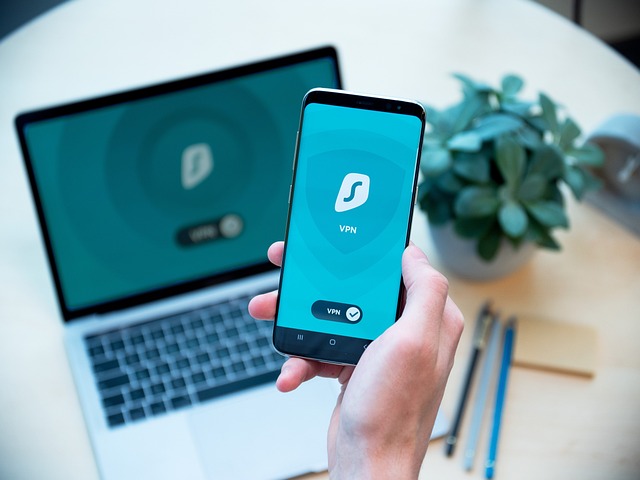The ability to establish a secure network connection when using public networks is known as a “Virtual Private Network,” or VPN. VPNs encrypt your internet traffic while hiding your identity online. This makes it harder for third parties to keep track of your online activities and steal your data. The use of real-time encryption is made.
Why Would Someone Use A Vpn?
Through the internet, a VPN establishes a secret network connection between devices. Data transmission over open networks is made anonymous and secure with the help of VPNs. However, the following is a list of a VPN’s three primary purposes:
Privacy:
Without a VPN, third parties may collect and sell your personal information, including passwords, credit card numbers, and browsing history. To manage this private information privately, VPNs utilize encryption, especially when connecting over open wireless networks.
Security:
A VPN service employs cryptography to block unauthorized access to your internet connection. In the event of suspect internet behavior, it can also function as a shut-down mechanism, stopping pre-selected programs. Additionally, these characteristics enable businesses to grant authorized individuals remote access to their corporate networks.
Obscurity:
Your IP address includes details about your geographic location and browsing history. Using cookies and other similar technology, every website on the internet tracks user information. You can be recognized whenever you go there. A VPN connection, in this case, conceals your IP address. You do this to maintain your online anonymity.
What’s The Best Vpn In 2023?
Before knowing the steps to a vpn install, you need to know which is the best VPN service, and which VPN service you should install. Here are the three best VPNs of 2023 mentioned below.
1. ExpressVPN: CNET Editors’ Choice Award for best all-around VPN went to ExpressVPN. We rate VPNs according to how well they perform overall in three key areas: speed, security, and cost. Express isn’t the cheapest option, but it is one of the fastest and, as of now, the safest.
2. Surfshark: It is a close second. Due to its affordable first-year price and compatibility with unlimited devices, it also received the CNET Editors’ Choice Award in 2022 for being our VPN value option.
3. NordVPN: NordVPN, is a steadfast strong hitter. It is more expensive than Surfshark but cheaper than Express is unquestionably the most dependable service we’ve tried thanks to its vast network, which is always becoming faster and more secure.
How Does It Function?
Data packets from our computer are redirected to another remote server through a VPN connection before being sent over the internet to other parties. The fundamental idea guiding VPN technology is as follows:
Encryption:
Before passing your data via the data tunnel, VPN technologies like IPSec scramble it. IPsec is a set of protocols for authenticating and encrypting each IP packet in a data stream to secure Internet Protocol (IP) connections.
Even if your network connection was compromised, the VPN service functions as a filter, encoding your data at one end and only decoding it at the other to prevent personal data exploitation. Your internet connection is protected from attack, and network traffic is no longer vulnerable.
Tunneling Protocol:
In effect, a VPN creates an encrypted data tunnel from your local computer to a remote VPN server that is located thousands of miles away. When you go online, this VPN server becomes the source of all your data. Your internet service provider (ISP) and other third parties can no longer see your online traffic.
Bottom Line:
In conclusion, VPNs safeguard your privacy by encrypting both your IP addresses and browsing history. And the greatest VPN services power the most cutting-edge technology while providing affordable costs. They also provide the quickest speeds in addition to a wealth of practical features that improve our online privacy and digital security.




